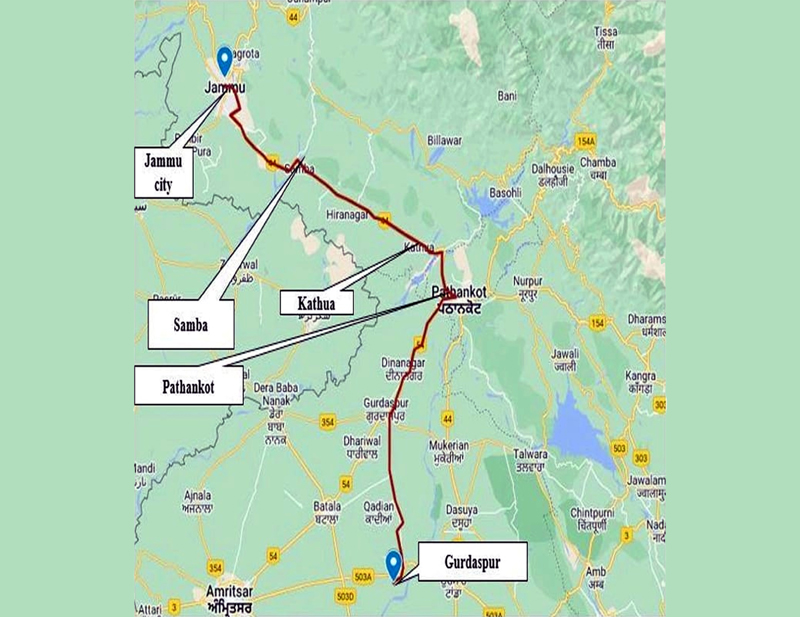The evaluation process for the technical bids received from interested bidders for the Gurdaspur-Jammu Tawi Gas Pipeline Project is about to commence. A Technical Evaluation Committee comprising officials of the Petroleum and Natural Gas Regulatory Board will be formed to examine the technical bids and issue authorization to one of the bidders for the development of the 175-km-long gas pipeline between Gurdaspur in Punjab and Jammu in Jammu and Kashmir. The Indian Oil Corporation Limited and the Gas Authority of India Limited are among the interested bidders for the project.
This pipeline will enhance the energy security of the region by facilitating the transportation of natural gas from Gurdaspur in Punjab to Jammu in Jammu and Kashmir. It provides a reliable and cleaner energy source to meet the growing energy demands of these regions. Industries, businesses, and households can benefit from the use of natural gas, which can lead to job creation, increased productivity, and improved living standards. The construction of the pipeline involves the development of infrastructure, including laying pipelines, establishing pumping stations, and setting up distribution networks. Natural gas is considered a cleaner fossil fuel compared to coal and oil. By promoting the use of natural gas, the pipeline contributes to reducing greenhouse gas emissions and improving air quality, thus benefiting the environment and public health. The availability of natural gas through the pipeline diversifies the energy mix of the regions, reducing dependence on other energy sources. This diversification improves energy resilience and reduces vulnerability to supply disruptions. The pipeline contributes to the development of the natural gas market in Punjab and Jammu and Kashmir. It creates opportunities for gas-based industries, encourages investment in the sector, and stimulates competition, leading to a more efficient and dynamic market. It will drastically reduce carbon emissions and footprints while transporting natural gas through trucks.
Practically, the Gurdaspur-Jammu Gas Pipeline plays a vital role in supporting energy security, economic development, environmental sustainability, and regional integration. It is a critical infrastructure project that brings multiple benefits to the regions it serves.
Trending Now
E-Paper


